When it comes to eating more produce, you cannot do wrong. Long story short: every single fruit (and vegetable!) Is a great choice. Research has shown that eating a minimum of four to five servings per day helps reduce moodland which reduces the risk of heart disease, obesity and type 2 diabetes. Yet according to the Centers for Disease Control and Prevention (CDC), only 10% of Americans eat enough fruit – about 1 daily to 2 cups per day. Many of us also miss adequate amounts of dietary fiber, calcium, potassium, and magnesium, all found in abundance in production. For example, potassium helps maintain a healthy blood pressure and you can get it easily in bananas, prunes and cantaloupe. Fiber in fruits also supports better digestion and fills you for fewer calories, which is a smart option if you are trying to lose weight.
Whether you choose fresh or frozen, it makes it your goal to get more fruit at every meal. Sprinkle mixed berries in the morning porridge, take a banana for a mid-afternoon snack, or toss the avocado in a heart-healthy salad at dinner. No matter how you slice it, eating more fruit can benefit your body and your mind – start with these 20 thoughts.
watermelon
Watermelon is 92% water, making it a great choice for hydration. Your food provides about 20% of your fluid intake, and eating water-filled snacks like watermelon can help you avoid subtle, headache-causing dehydration. Because the fruit is high in water, potassium and magnesium, it helps to replenish the excess sodium in your diet.
Apple
An apple a day can actually keep your cardiologist away. Evidence has shown that frequent apple consumption can reduce total cholesterol, which may help reduce your risk of heart disease. Thanks to phenolic compounds – antioxidant compounds that help promote healthy cellular function and proper blood flow – are found in apple skins. The combo of vitamin C, fiber (about 5 grams per medium apple), and phytochemicals make them a smart household staple for your entire family.
Mango
Chew on mango for a summer, a delicious tropical treat filled with vitamin C, potassium- and beta-carotene. We like making a big batch of mango-filled skewers and loading the fridge or freezer, so they are always on hand when you need a nosh. In addition, the furnishing gets its little people involved in the kitchen, and that kebab adds an extra layer of fun!
Kiwis
In addition to the vitamin C, potassium and antioxidants you will get from kiwi, the combination of folate, magnesium and B-vitamins found in this fruit can also relieve you from cold. Some (early) research has linked kiwi as a pre-bedtime snack with bedtime before bedtime!
Cherries
Having trouble? Grab a handful of cherries. In addition to their multitude of antioxidant benefits, these small stone fruits contain quercetin, a type of antioxidant that is associated with promoting feelings of peace.
Bananas
Rich in soluble fiber, bananas are an easy grab-and-go snack that can help lower cholesterol. For an extra heart-healthy boost, slice bananas on top of morning oats with a tablespoon of chia seeds and walnuts. It’s a heartier, energy-packed breakfast loaded with fiber, vitamin B6, potassium, magnesium, vitamin C, and manganese.
Oranges
You already knew that oranges are full of vitamin C, but get this: citrus fruits have been shown to possess anti-inflammatory, antioxidant and anticancer properties, according to research published in the Central Journal of Chemistry.
grapes
Grapes contain polyphenolic compounds with antioxidant properties, which can help reduce cellular damage. Including grapes (about 1-2 cups per day) in your diet can help protect your body tissues and reduce markers of inflammation.
Guava
Boost your immune system with guava. They are rich in vitamin C, potassium and fiber.
Cantaloupe
Cantaloupe is high in potassium, vitamin C, and folate. The flavonoids found in melons have anti-inflammatory, blood sugar-stabilizing and immune-boosting properties. In addition, water-filled cantaloupe promotes hydration.
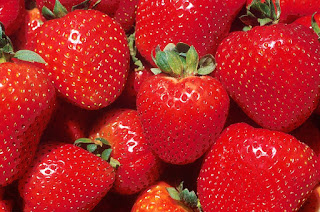 |
Strawberries
Strawberries are a great source of antioxidants – especially vitamin C. Just one cup of half a strawberry packs about 150% of your daily value. The same serving contains about 80 calories and up to 9 grams of fiber, a combo that helps you enjoy maximum flavor and fullness for a low calorie cost.
Grapefruit
Like other citrus, the grape packs tons of vitamin C. Research has shown that consuming grapefruit improves blood pressure and may help lower cholesterol levels.
 |
Blackberries
The berries provide nature’s best breakfasts: they are deliciously sweet, satisfying and full of nutrients. One cup of berries requires about half of vitamin C every day. Also, antioxidants found in berries have been added to reduce the risk of a whole host of chronic diseases, thanks to their cell-protecting properties. Our favorite way to eat any type of berries? Swap them for jam in PB&J to add extra fiber, more antioxidants, and less sugar than concentrated, sugary jelly
Avocados
Avocado is a unique fruit (yes, it is a fruit!) Due to its low sugar content. It also provides heart-healthy fatty acids and magnesium, an important mineral associated with neurological and muscle function.
Plums
Plums have been shown to have anti-inflammatory benefits that can help promote cognition. Choose dried prunes for more calcium and magnesium, which is associated with reducing your risk of osteoporosis.
Blueberries
Since they are full of polyphenolic compounds, eating more blueberries can protect your heart by benefiting blood vessels and preventing harmful plaque or damage. The fiber in the berries also slows down the rate of digestion in your GI tract, promoting the release of sugar into your bloodstream and a long-lasting energy.
Lemons
Lemons are high in vitamin C, folate, potassium and flavonoids. Flavonoids are associated with reducing your risk of cognitive decline by helping to increase circulation and protect brain cells from damage.
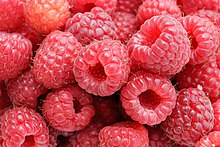 |
Raspberries
Raspberry is one of the most high-fiber fruits, with 8 grams per cup. As a nutrient-filled alternative, raspberries provide antioxidant and blood-sugar stabilizing benefits, especially when combined with a source of protein. Add them to your breakfast to boost energy levels and stay satisfied until lunch time.
Pears
In addition to vitamin C and fiber (25% of your daily value!), A single juicy pear will also help keep you hydrated. A quick dinner idea: It takes only 20 minutes to make this Thai steak and pear salad from the Good Housekeeping Test Kitchen.
Pomegranate
One cup of these petit remedies packs 7 grams of fiber filling and up to 10% of potassium which you should get per day. Use them in salad entrees or sprinkles in salads to indicate sweetness.

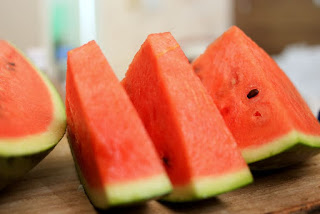

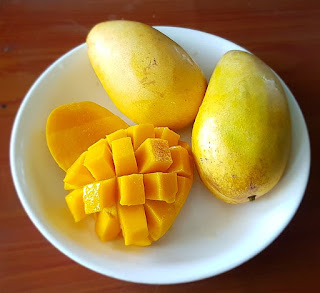
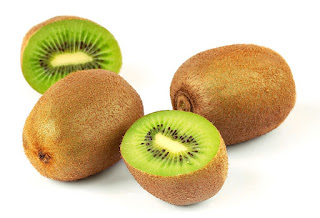
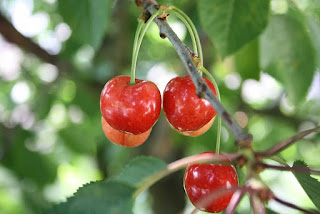
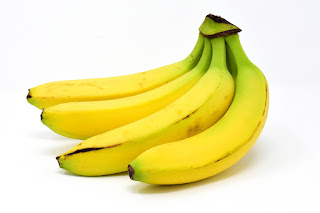

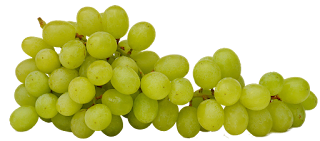
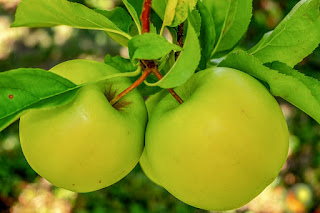
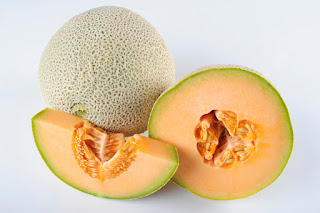
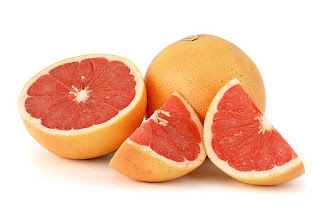
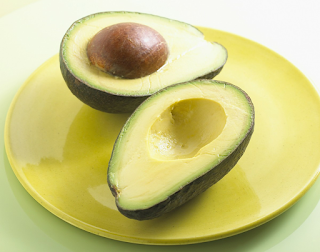
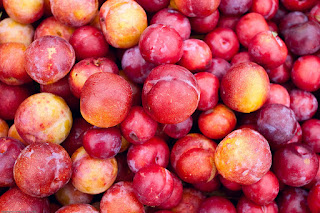

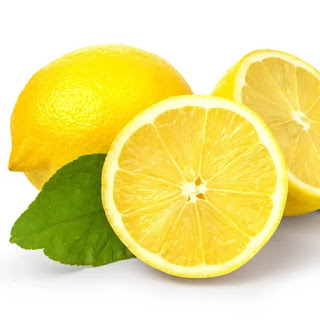


Leave a Reply